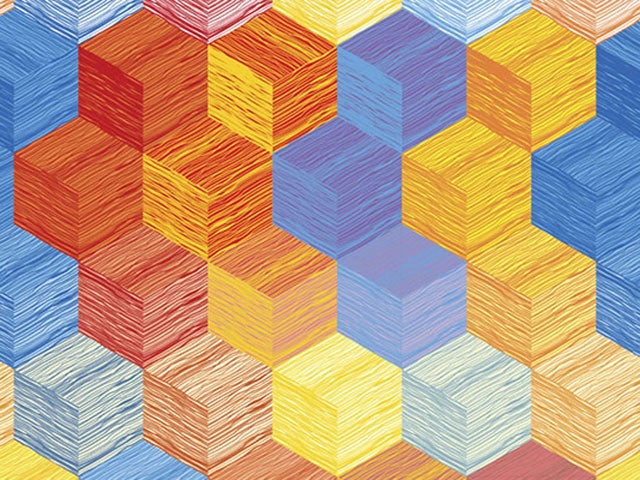2023 Summer Session A
6 weeks, May 22 - June 30
#14204
History of Fascism
Dictators, Genocide, and Violence
Alexis Herr
May 22, 2023 - Jun 30, 2023
Tu, We, Th
01:00 pm - 03:29 pm
Social Sciences Building 170
Open Seats
44 Unreserved Seats

Fascism was a form of rule created in Europe in the 1920s, when world communism was rising and liberalism steeply declining, when racist thinking pervaded all politics, and fears of decadence and secularization and loss of status melded within a new quality, promoting salvation through recovery of lost wholeness. Fascist governments enacted policies through violent and confident self-assertion of a “leader” and uniformed followers. This course seeks to untangle the paradoxical developments that drove exclusionary and inclusionary politics that in turn galvanized mass murder, genocide, and crimes against humanity. Students will examine key periods and themes, including: the origins of anti-Judaism, antisemitism, “scientific” racism, and othering; violence, colonialism, and World War One; the rise of Benito Mussolini, Adolf Hitler, and Francisco Franco; the economics of mass murder; and the radicalization of nationalism in Europe and beyond.
Instructor bio: Dr. Alexis Herr has dedicated her life to combating genocide and atrocity. This passion has motivated her educational and professional pursuits and translates into a strong desire to prevent human rights violations. Ms. Herr received a doctorate in Holocaust History from the Strassler Center for Holocaust and Genocide Studies, Clark University, and currently lectures at the University of San Francisco and University of California, Berkeley. She is the recipient of numerous fellowships and awards including the Saul Kagan Claims Conference Postdoctoral Fellowship (2017-2018), the European Historical Research Infrastructure Fellowship (2017), the Pearl Resnick Postdoctoral Fellowship in Advanced Holocaust Studies, United States Holocaust Memorial Museum in Washington, DC (2016), and the Saul Kagan Claims Conference Dissertation Fellowship (2012-2014). She is the author of The Holocaust and Compensated Compliance in Italy: Fossoli di Carpi, 1942 – 1952 (New York: Palgrave Macmillan, 2016), and the editor of Rwanda: The Essential Reference Guide (Santa Barbara, CA: ABC-CLIO, 2018) and Sudan: The Essential Reference Guide (Santa Barbara, CA: ABC-CLIO, 2020).










